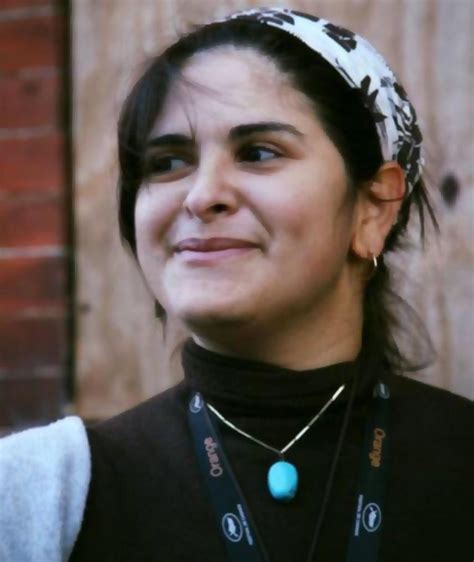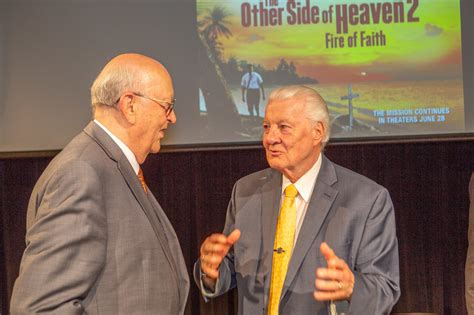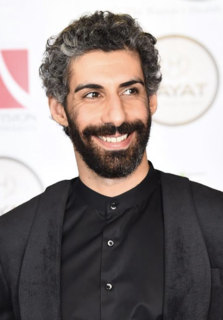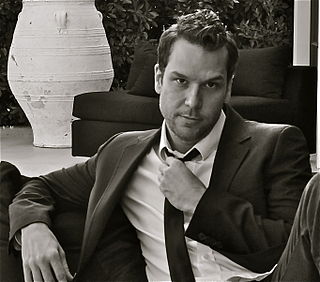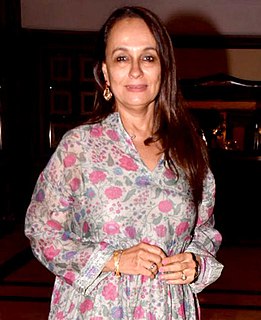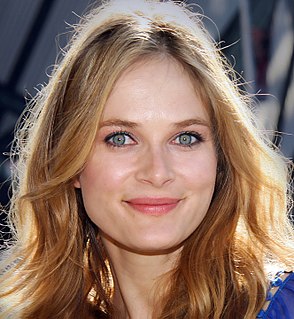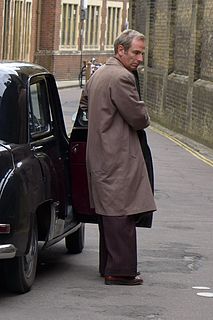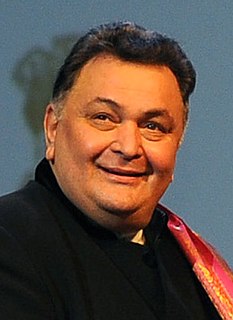A Quote by Esra Saydam
When you direct a film, everything should be about the story and nothing else.
Related Quotes
Thank God, 50 years ago I learned that our entire business is all based on two things; a great song and a great story. Film, television, if you don't have that story, nothing else matters. You don't call anybody else or direct anybody. The same with a song. A great song can make the worst singer in the world a star.
The story is the only thing that's important. Everything else will take care of itself. It's like what bowlers say. You hear writers talk about character or theme or mood or mode or tense or person. But bowlers say, if you make the spares, the strikes will take care of themselves. If you can tell a story, everything else becomes possible. But without story, nothing is possible, because nobody wants to hear about your sensitive characters if there's nothing happening in the story. And the same is true with mood. Story is the only thing that's important.
I don't have the story finished and ready when we start work on a film. I usually don't have the time. So the story develops when I start drawing storyboards. I never know where the story will go but I just keeping working on the film as it develops. It's a dangerous way to make an animation film and I would like it to be different, but unfortunately, that's the way I work and everyone else is kind of forced to subject themselves to it.
Where the Truth Lies rating has a lot more to do with the political climate in America today than it does with the film. It wouldn't have had this rating five years ago. There's nothing graphic in this film on screen; you can look at it, but you won't be able to see it, it's not there. There's nothing graphic sexually that's not about the story telling.
